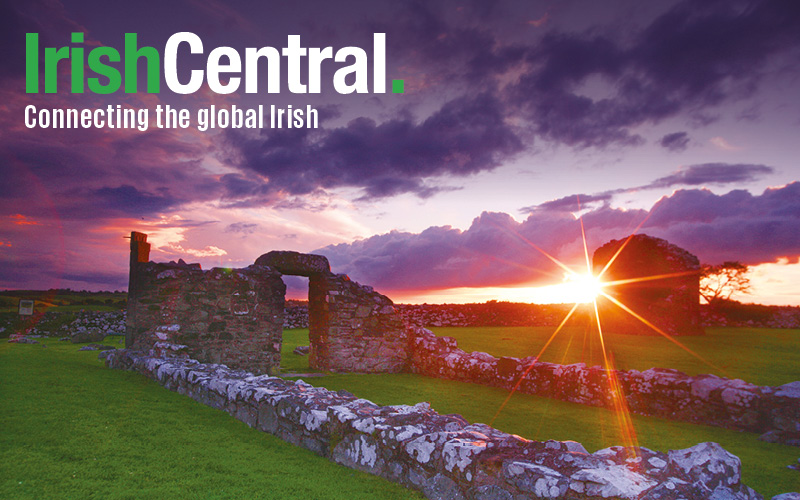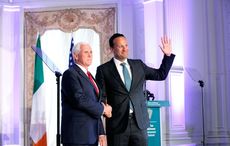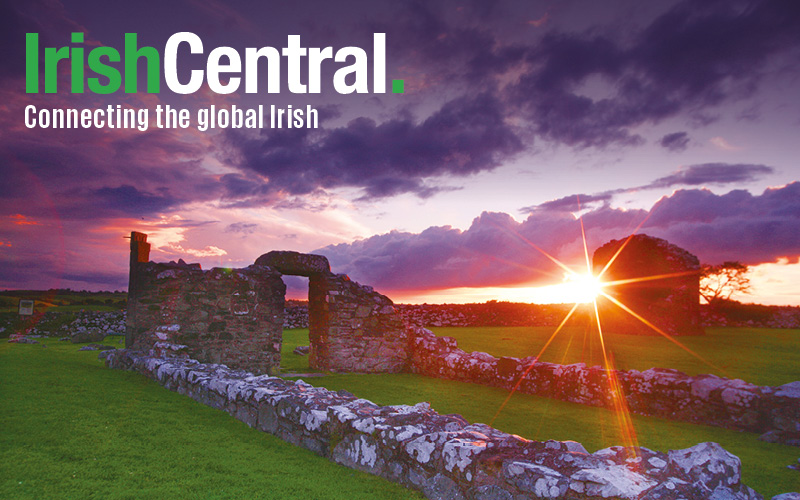"My fiancée was born and raised in Belfast. She has an Irish and British passport. I am an American citizen. We would like to live and work in Europe for an extended period of time after we marry next year. What’s the best way for us – or rather me – to do that? We want to start in London and perhaps stay there for a long time, we’re not sure. Can I get an Irish passport? Would it be of any use in London, or do I have to get a British passport? Or do I need a passport at all?”
As the United Kingdom and Ireland are both members of the European Union, both issue passports that are valid for travel and work throughout the EU.
However, though your fiancée has both British and Irish passports, the process for obtaining either one for you is going to take several years. That doesn’t mean you have to wait that long to legally reside in the U.K. or Ireland; when you’re married, you and your wife will be able to apply for temporary legal residence.
As your plans start in London, we’ll briefly go over what you’ll need to secure U.K. legality. The process is somewhat similar to how foreign nationals acquire U.S. green cards.
Once you are married, you can apply for permission to remain in the U.K. as the spouse of a citizen. The application will be successful if a number of requirements are met, many of them standard ones – the married couple must be over the age of 18, the relationship must be “real” and not entered into for the purpose of securing legality, the foreign spouse has an understanding of the English language, and the couple can show a minimum income requirement.
(The income minimum stands at £18,600, or around $30,000. The provision can also be satisfied through cash savings at certain levels.)
When the application is approved, the foreign spouse will be given permission to legally reside in the U.K. for two and a half years. For more information on particulars, visit this site.
To qualify for a British passport based on marriage to a U.K. citizen (“marriage” in the U.K. also takes into consideration civil partnerships and same sex marriages – all such couples have equal rights under British naturalization law), the spouse must have been resident in the U.K. for the three year period preceding the application.
The spouse must not have spent more than 270 days outside the U.K. during the three years, or 90 days outside the U.K. in the 12 months prior to application.
Again, the marriage must be between two partners aged over 18, and the spouse must have “sufficient knowledge of life in the United Kingdom,” – just as U.S. naturalization applicants need to have a basic knowledge of U.S. history and civics.
Once you become naturalized in Britain, your U.K. passport would allow you to live and work in all EU member states, including Ireland. You didn’t ask, but your American citizenship will not be jeopardized if you become a citizen of the U.K.
Here’s the British oath of allegiance that all new citizens have to take: I (name) swear by Almighty God that on becoming a British citizen, I will be faithful and bear true allegiance to Her Majesty Queen Elizabeth the Second, her Heirs and Successors, according to law.
As the United Kingdom and Ireland are both members of the European Union, both issue passports that are valid for travel and work throughout the EU.
However, though your fiancée has both British and Irish passports, the process for obtaining either one for you is going to take several years. That doesn’t mean you have to wait that long to legally reside in the U.K. or Ireland; when you’re married, you and your wife will be able to apply for temporary legal residence.
As your plans start in London, we’ll briefly go over what you’ll need to secure U.K. legality. The process is somewhat similar to how foreign nationals acquire U.S. green cards.
Once you are married, you can apply for permission to remain in the U.K. as the spouse of a citizen. The application will be successful if a number of requirements are met, many of them standard ones – the married couple must be over the age of 18, the relationship must be “real” and not entered into for the purpose of securing legality, the foreign spouse has an understanding of the English language, and the couple can show a minimum income requirement.
(The income minimum stands at £18,600, or around $30,000. The provision can also be satisfied through cash savings at certain levels.)
When the application is approved, the foreign spouse will be given permission to legally reside in the U.K. for two and a half years. For more information on particulars, visit this site.
To qualify for a British passport based on marriage to a U.K. citizen (“marriage” in the U.K. also takes into consideration civil partnerships and same sex marriages – all such couples have equal rights under British naturalization law), the spouse must have been resident in the U.K. for the three year period preceding the application.
The spouse must not have spent more than 270 days outside the U.K. during the three years, or 90 days outside the U.K. in the 12 months prior to application.
Again, the marriage must be between two partners aged over 18, and the spouse must have “sufficient knowledge of life in the United Kingdom,” – just as U.S. naturalization applicants need to have a basic knowledge of U.S. history and civics.
Once you become naturalized in Britain, your U.K. passport would allow you to live and work in all EU member states, including Ireland. You didn’t ask, but your American citizenship will not be jeopardized if you become a citizen of the U.K.
Here’s the British oath of allegiance that all new citizens have to take: I (name) swear by Almighty God that on becoming a British citizen, I will be faithful and bear true allegiance to Her Majesty Queen Elizabeth the Second, her Heirs and Successors, according to law.




Comments